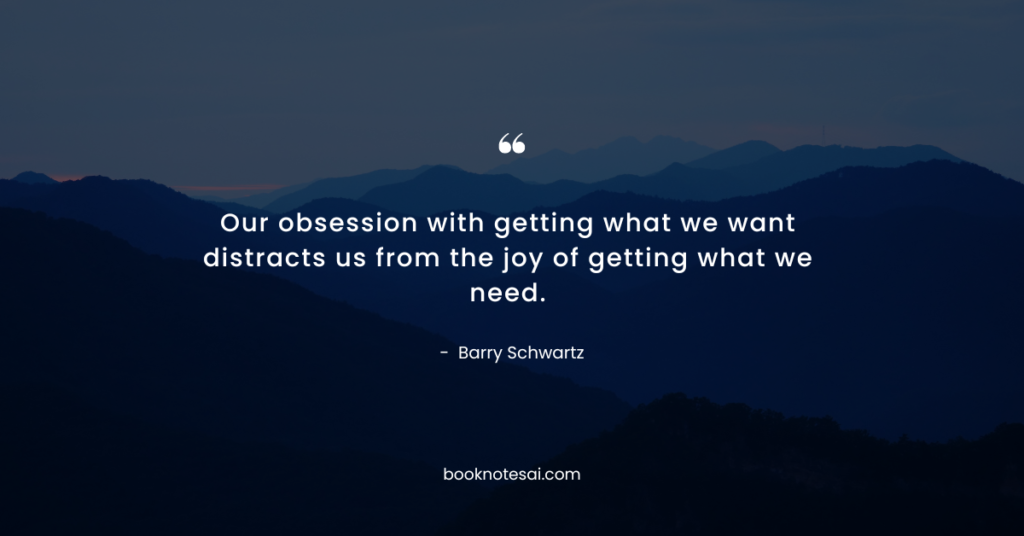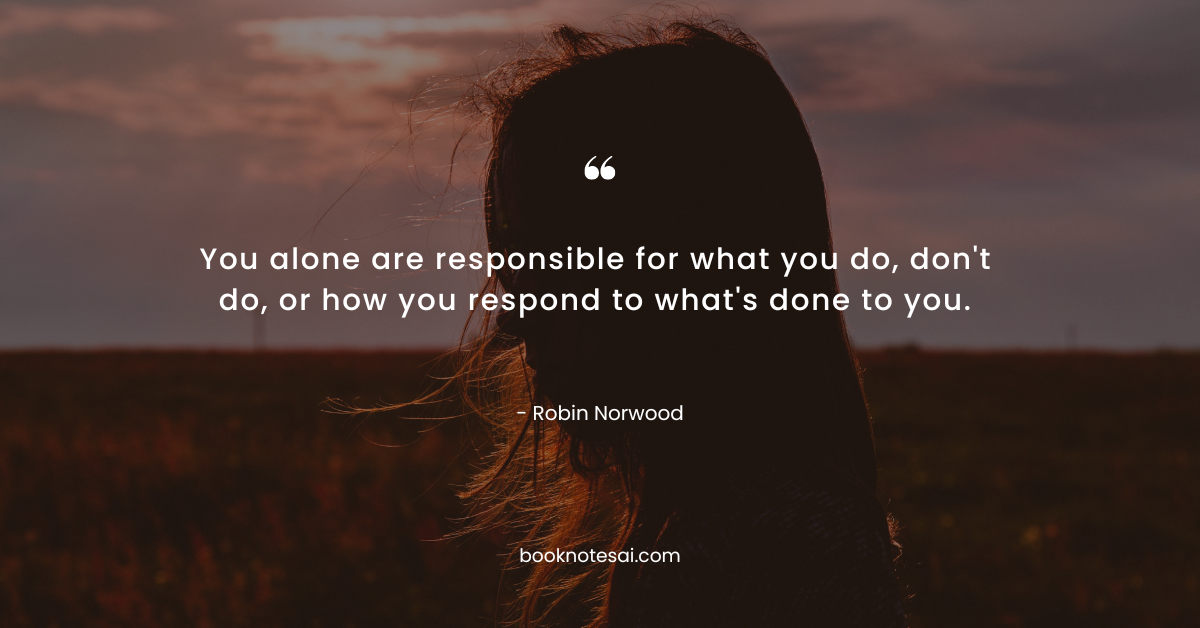Listen To This Post
The Paradox of Choice Summary: Why More Is Less Summary: Understanding the Impact of Abundance.

This is a book summary for The Paradox of Choice: Why More Is Less by Barry Schwartz. The essential information is structured to be straightforward, useful, and valuable, all while helping you save plenty of time.
Introduction: Why this book?
- In today’s world, where choices abound, The Paradox of Choice: Why More Is Less by Barry Schwartz serves as a guiding light, illuminating the consequences of abundance.
- By exploring the psychological effects of too many choices, Schwartz invites you to reconsider the way you approach decision-making in your everyday life.
The Paradox of Choice Summary:
- Schwartz delves into the psychological phenomenon where increased options lead to greater anxiety and dissatisfaction.
- Through real-life examples and insightful research, he demonstrates how the pursuit of perfection amidst abundant choices can hinder rather than enhance our lives.
- Schwartz proposes practical strategies to navigate the paradox of choice, encouraging readers to embrace “good enough” decisions and simplify their lives.
💡 5 Big Ideas
- The Burden of Choice: Schwartz argues that while options offer freedom, too many choices lead to decision paralysis and dissatisfaction. Simplifying choices can alleviate stress and increase satisfaction.
- Satisficing vs. Maximizing: Instead of seeking the perfect choice, satisficers opt for decisions that meet their criteria, leading to greater happiness and contentment.
- Opportunity Costs: Schwartz highlights the unseen costs of decisions, emphasizing the importance of considering trade-offs and valuing time over endless deliberation.
- Escaping the Tyranny of Comparison: Constant comparison with others breeds discontentment. Embrace your unique preferences and values to find fulfillment beyond societal standards.
- The Power of Meaningful Constraints: Limiting options can enhance creativity and satisfaction. Embrace constraints as opportunities for growth and innovation.
In embracing these principles, we discover that true liberation lies not in the abundance of choices but in the mindful selection of what truly matters, leading to a life filled with contentment and purpose.
Powerful Quotes
- “The more options there are, the easier it is to regret anything at all that is disappointing about the option that you chose.”
This quote emphasizes the relationship between an abundance of choices and the likelihood of experiencing regret. - “Choice is a magnificent luxury, but it has its dark side.”
Highlighting the dual nature of choice, this quote acknowledges its positive aspects while cautioning against its potential negative impact. - “Learning to choose is hard. Learning to choose well is harder.”
Encouraging a thoughtful approach to decision-making, this quote underscores the difficulty of making wise choices in a world filled with options. - “The secret to happiness is low expectations.”
This quote suggests that managing expectations plays a crucial role in achieving happiness and contentment. - “When people have no choice, life is almost unbearable.”
Acknowledging the importance of autonomy, this quote recognizes that some degree of choice is essential for a fulfilling life. - “We suffer when we have too much to choose from, but we also suffer when we have too little.”
Highlighting the delicate balance required, this quote explores the challenges posed by both excess and scarcity of choices. - “Our obsession with getting what we want distracts us from the joy of getting what we need.”
Encouraging a shift in focus, this quote advocates for recognizing and appreciating genuine needs over excessive desires. - “Choice no longer liberates, but debilitates.”
This quote captures the paradoxical nature of choice, suggesting that an excess of options can hinder rather than enhance freedom. - “The more options there are, the more likely one will make a non-optimal choice.”
This quote highlights the correlation between the number of choices and the likelihood of making sub-optimal decisions. - “The key to good decision making is not knowledge. It is understanding.”
Emphasizing the importance of comprehension over sheer information, this quote underscores the value of understanding one’s choices.
One Reason To Read This Book:
The Paradox of Choice offers profound insights that can transform the way you approach decision-making and enhance your overall well-being.
Who should I recommend The Paradox of Choice Summary to?
If you find yourself overwhelmed by decision-making, regardless of your age or profession, Schwartz’s insights can offer valuable guidance in navigating life’s complexities.
Recommendations:
- Thinking, Fast and Slow by Daniel Kahneman – Explores cognitive biases and decision-making processes.
- Essentialism: The Disciplined Pursuit of Less by Greg McKeown – Offers a guide to simplifying life by focusing on what truly matters.
- Podcast: The Paradox of Choice episode on TED Talks Daily – Features Barry Schwartz discussing the impact of too many choices.
This summary serves as a complimentary guide to the reviewed title The Paradox of Choice: Why More Is Less, offering key insights. For a deeper understanding, we encourage you to explore the full book.


